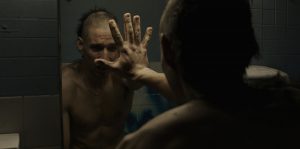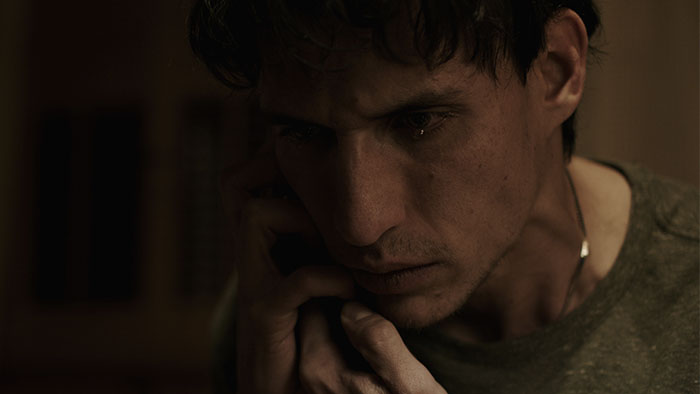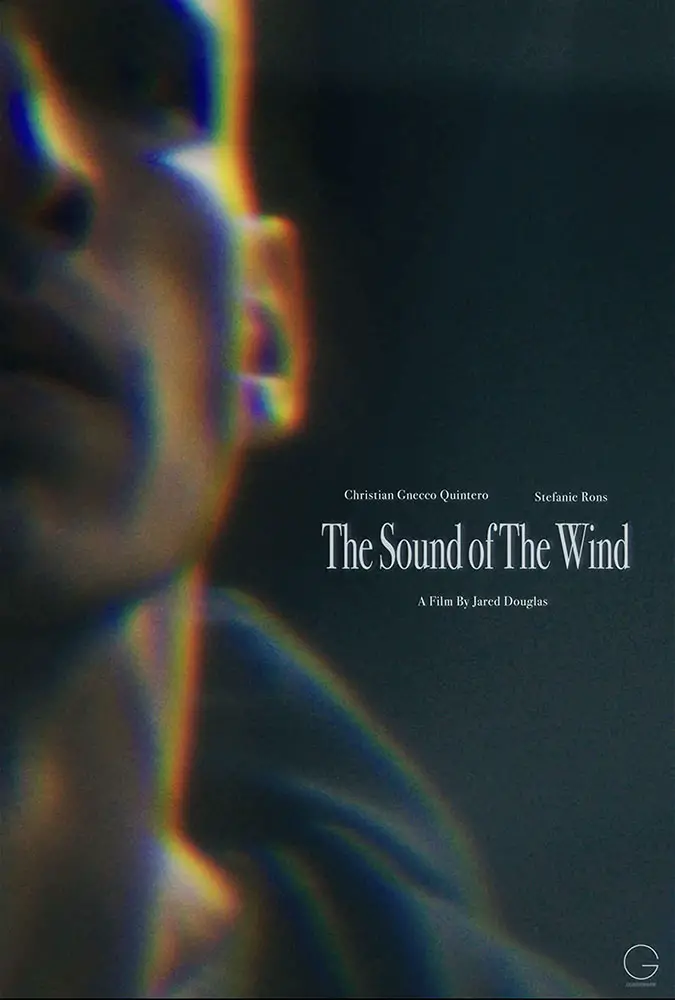
Writer/director Jared Douglas succeeds in telling a thriller-genre story about mental illness and gives it a high dose of reality. He brings the disease to the forefront and asks us to empathize and understand the world that exists in the mind of his protagonist. Every little object, event, and person with whom Lucio comes into contact, only serves to build upon the growing paranoid narrative in his head. And we see and feel the battle Lucio is waging within himself.
Douglas creates a steady downward progression for Lucio, and that progression becomes heightened during cell phone calls between Lucio and Vanessa. With every phone call, Lucio becomes more and more conspiratorial, and with Vanessa being the only person he can trust, this trust slowly erodes over time. On the other end of the call, Vanessa progresses from a supportive, concerned girlfriend (and mother of Lucio’s daughter) to a partner pushed to the limits of frustration. Patience soon turns to anger and fear for her and her daughter’s safety and well-being.

“…refuses to exploit the mental condition of his lead character as a sensationalized plot device.”
For a brief moment, I concerned by the acting, and to a significant degree, the structure of Lucio’s dialogue, but then it all turned to admiration for Quintero’s overall performance. The situation his character finds himself in does not call for clean dialogue with proper syntax. It calls for authenticity for the role as well as its context and background.
Unlike other psychological thrillers, The Sound of the Wind refuses to exploit the mental condition of his lead character as a sensationalized plot device. Douglas instead uses it to bring understanding, compassion, and ultimately hope to those affected and fighting their way through mental illness and create for himself a thrilling thriller in the process.

"…with every phone call, Lucio becomes more and more conspiratorial..."


